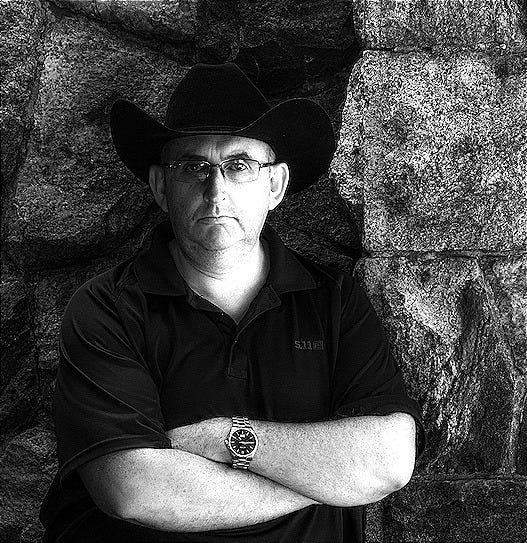The Waves of Grief and Being Skilled and More Able to Help Ourselves
When it comes to us, are we ready? What may help learning and knowing.

The first time we encounter grief it’s doubtful that we are prepared for it. Yet we can learn over time or maybe, for some, rather quickly, how to manage it in a way that makes its presence more tolerable and less overwhelming.
“Grief comes in waves,” says Darius Scott, “and you have to build a life that allows you to take on those waves.”
“So if that means going to therapy, you must go,” Scott said in a video at the Dose of Society account on Instagram. “If that means a workout regimen or if you're spiritual, finding something that connects you to the source, that will help you deal with the waves that come in life.”
Scott, also known as DIXSON, is a singer, songwriter, producer instrumentalist and he said, at least for him, grief, although powerful and overwhelming, has become over time less controlling of his emotions and life. Yet, preparation for resilience is required.
“Grief is forever but the moments of grief are temporary,” he said. “But you will have to know how to handle those moments because they will come to you unexpectedly.”
Pain of loss can come on in an manner like waves, as Scott has stated.
“That is absolutely accurate and you can also think of this as cycles, just as the sun rises and sets, as does the moon, so does our grief,” says Jock Brocas, who helps people with grief. “The waves are triggered by emotions and-or experiences in the moment that cause a temporary separation from the self.”
Developing and building emotional and psychological skills, balance and strength to respond in a manner that we find helpful to grief is painful, hard earned, yet possible.
“Anything in life can be changed but in order to change anything, we must become aware,” Brocas says. “Think of it this way: awareness comes before any change and then we have to accept that which we have been made aware of. We then have a choice to take action and act upon the awareness.”
He elaborates as to what this can feel and look like for us.
“This may mean seeking help or learning to change the trigger of the grief into something more meaningful,” Brocas teaches.
While therapy helps many people, not everyone will find it the best choice for them.
“Therapy is not always right for everyone and what may work for some may not work for another,” Brocas adds. “As an example, I find therapy in picking up a camera and being mindful of the moments I capture. That allows me to find meaning and expression in my grief journey. You may find therapy in walking in nature but at the root of if all is the need to become more aware and come to a place of acceptance.”
Thus, there are different approaches and answers.
“This may mean a spiritual foundation or it could be the need for community,” Brocas points out. “I have a support community and some have found more (relief and strength) within the community than seeking therapy.”
Scott asserted that grief is not all encompassing for him anymore, that while it is is still strong and difficult, it is temporary in duration. That word, “temporary” may have a different meaning for different people. Or, as Brocas says, it is undefinable.
“You cannot define temporary, for the grief is not temporary, which suggests that grief leaves you and does not affect you,” he argues. “One cannot heal through grief and you do not recover from grief, for it is not a disease nor is it an addiction.”

What is smarter and more helpful, he asserts, is a particular mindset and approach that prepares you to be more equipped and your strongest within it.
“Grief needs to be integrated as part of your life; it is always present, but integrated to a level that its effects become less and so it becomes your greatest teacher,” Brocas says.
“It can also be your greatest nemesis,” he warns. “It is your choice how you respond to grief through introspection and profound awareness. Awareness. Acceptance. Choice.”
Noticing and thinking about how we feel, are impacted and respond, is crucial.
“It is important to recognize what triggers affect you or spark that feeling of loss,” Brocas says. “Then once you are aware of the trigger, you can work to transform it into something more positive. It may be finding meaning in service or it could be training the mind to seek the positive memory rather than that which triggers the negative.”
This newsletter normally publishes Tuesday, Thursday and Sunday, with occasional articles on other days. To advertise, link to your business, sponsor an article or section of the newsletter or discuss your affiliate marketing program, contact CI.





Love this Michael.
Grief isn’t something to get over; it’s something we learn to live with, like learning to breathe differently at a new altitude.
"Grief comes in waves"
It reminds me that we don’t need to build walls to block the tide.
We need boats that help us float through it. For some that’s therapy, for others it’s walking, writing, faith, or finding beauty in small, ordinary things.
What matters most is that we build something.
Thank you for this compassionate, grounded piece